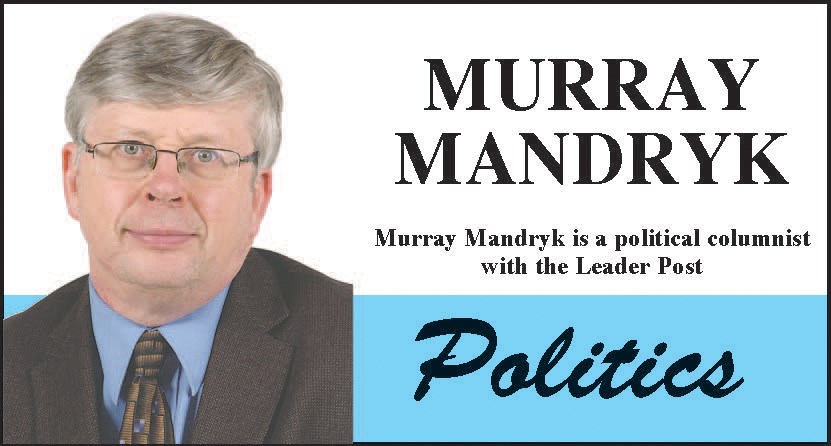For all the talk of the need for legislative sitting to scrutinize the budget, Finance Minister Donna Harpauer’s 2020-21 budget hasn’t exactly been all that thoroughly scrutinized.
This is just not great news for voters going to the polls in October.
Admittedly, why we are in circumstances of this abbreviated 14-day session to quickly pass a budget has everything to do with the COVID-19 – circumstances beyond the control of politicians.
Like most everything else everywhere else, including the economy, the Saskatchewan legislature was just one more thing that had to be shutdown last March.
No one could have done much about that nor could anyone do much about the major source of the record $2.4-billion deficit.
As has been discussed in this space before, the 2020-21 budget saw a $350-millon drop in tax revenue and a whopping $753-million reduction in natural resources revenue (including a $409-million reduction in oil and gas revenue this year).
No amount of budget scrutiny is going to change the revenue picture.
And because Harpauer can’t really get a handle on our revenue situation (a difficult task at the best of time in a volatile natural-resource-based economy), it’s exceedingly difficult to get a handle on a four-year outlook for coming mandate of the next government.
Unfortunately, that also happens to be a convenient excuse for a government to put forward a shaky budget and to not put forward a long-term plan.
This shouldn’t be acceptable. More than ever, we need a sharp plan to deal with the challenges we are facing. It’s actually more important than ever for the Opposition to challenge the government on its plans.
So one can only wonder why that hasn’t always been the Saskatchewan NDP’s focus.
Yes, it is harder to condense an effective critique of a troubled budget in such a short time.
But that only raises serious questions about the NDP Opposition’s approach … and maybe how our political system works in general.
The first curious thing is why the NDP – at least to date – hasn’t spent more time focussing on spending decisions that surely need to be cut back under today’s circumstances.
One gets that any Opposition is going to have its own pet issues – especially, in an election year where it is trying to rally it’s own troops. In NDP terms, that means harkening back to its hay days of 1980s when it was battling former Progressive Conservative premier Grant Devine’s privatization agenda and, of course, Devine himself.
That has translated into accusations of Premier Scott Moe selling off Crown Corporations to re-balance the books. There have also been accusations of Devine somehow profiteering off the creation of a publicly run meth treatment facility, although the NDP has offered no meaningful evidence that any decision on the location was made because of Devine or that the former premier benefitted.
All this has served no meaning to today’s average taxpayer, distracting from the more critical issues of what we are spending and how we can get back to balance.
Can we keep building as many schools and hospitals or paying public service the wages we are paying them? These are the tough questions that need to be asked.
Getting the books in order is going to require some very difficult choices – many of which will revolve on austerity measures. That Saskatchewan public servants haven’t taken the hit that others in the economy have is an issue most everyone has been talking about.
We aren’t getting answers from the Sask. Party government reluctant to address the issue before the Oct. 26 vote.
But as it stands right now, the NDP aren’t asking the tough questions, either.
We did need a better budget from the government, but right now we need better scrutiny of that budget from the opposition.
Murray Mandryk has been covering provincial politics since 1983.




